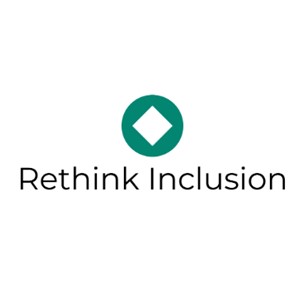Safeguarding
Safeguarding practices are vital in local authorities to protect the safety, rights, and well-being of both staff and the public, especially vulnerable groups such as children, older adults, and people with disabilities.
These practices ensure that risks of harm, abuse, neglect, or exploitation are identified early and addressed appropriately. Local authorities have a legal and ethical responsibility to create environments that are safe and inclusive, and this is underpinned by several key pieces of legislation.
The Equality Act 2010 is a cornerstone of this framework, as it protects individuals from discrimination, harassment, and victimisation based on nine protected characteristics: age, disability, gender reassignment, marriage and civil partnership, pregnancy and maternity, race, religion or belief, sex, and sexual orientation. Adhering to this Act ensures that everyone is treated fairly and with respect.
A significant addition to this legal landscape is the Worker Protection (Amendment of Equality Act 2010) Act 2023, which came into force in October 2024. It places a legal duty on employers, including local authorities, to take reasonable steps to prevent sexual harassment in the workplace—whether from colleagues or third parties such as clients or members of the public.
If local authorities fail to meet this duty, they may face increased compensation awards in employment tribunals (by up to 25%) and possible enforcement action by the Equality and Human Rights Commission (EHRC). Failing to follow safeguarding and equality legislation not only exposes local authorities to legal and financial consequences but also undermines public trust and workplace morale. Therefore, it is essential that local authorities train staff, implement effective safeguarding and anti-harassment policies, and actively foster an inclusive culture that respects and protects all individuals.
Good training is essential in helping staff understand safeguarding best practices, legal responsibilities, and how to create a safe and inclusive environment for colleagues and the public. It ensures that staff are equipped to recognise signs of abuse, discrimination, and harm, and know how to respond appropriately and confidently.
High-quality training also helps to embed a culture of respect, vigilance, and accountability across an organisation. However, it is equally important to recognise that not all training is suitable for e-learning formats, especially when dealing with sensitive and potentially triggering subjects such as victimisation, sexual harassment, and domestic abuse.
While e-learning can be convenient and cost-effective, it often lacks the personal interaction and emotional support that face-to-face training provides. In-person or facilitated sessions allow for real-time discussions, the ability to ask questions, and a supportive space to explore challenging topics. These formats are better suited to safeguarding participants’ emotional well-being, offering professional guidance if someone becomes distressed or needs support during training.
Ultimately, providing a balanced approach to training—combining e-learning with well-delivered, trauma-informed in-person sessions—ensures that staff are not only well-informed but also emotionally supported, which is vital in building a safe and effective workforce.




















